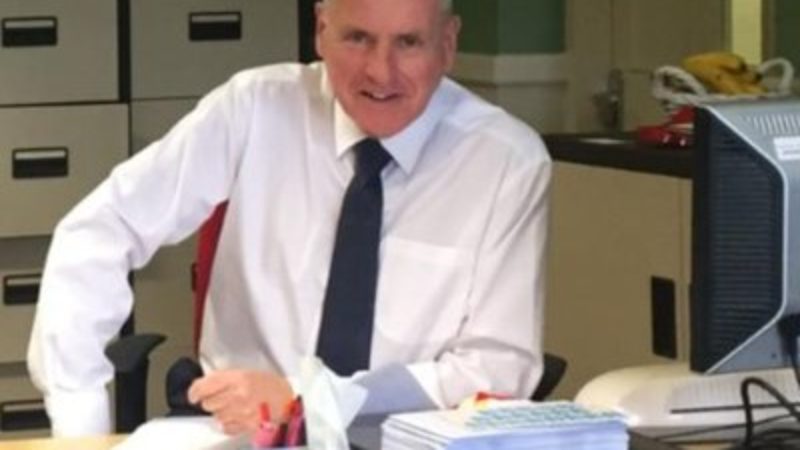

Former shadow cabinet minister Vernon Coaker has revealed plans to tour Britain to discover why Labour has fallen back in opinion polls.
Coaker will begin in Sleaford as he compiles a report to be handed to Jeremy Corbyn as part of a plan to develop policies to can help Labour to win in 2020.
“Labour has some difficult questions to answer and challenges to meet. I’ll be launching a listening tour in the New Year to hear from voters”, he wrote in a series of messages on Twitter.
“As Britain changes Labour needs to change too in a way which reflects our values and principals – this starts with listening and learning.
“The political, economic and social tectonic plates are shifting. Labour needs to listen and learn.”
He chose to start in Sleaford and North Hykeham after Labour recorded a woeful performance in the recent Brexit by-election, where the party slumped to fourth place.
Labour’s poor polling performance over recent months has also compounded fears that the party is set for a general election defeat in 2020, or perhaps sooner.
Responding to claims the party is becoming too strongly influenced by voices from the capital, Coaker told the Mirror: “Certainly there is a perception that people feel there is a sense in which things are dominated by London”.
Corbyn himself, alongside several high-profile members of his frontbench team, represents a London seat.
Coaker added: “We can’t retreat to ever smaller parts of the country, focused on one or two big cities and London.”
“We have to rebuild that broad coalition – and this is a challenge for the whole party and the whole movement – between various interests, particularly the traditional working class base and the middle class.”
Coaker was elected to parliament in the 1997 landslide Labour victory. He served as minister of state for schools under Gordon Brown.




More from LabourList
‘Factionalism at the top is weakening Labour – and handing a gift to Reform’
‘Europe must stand strong on its own as US security guarantees grow conditional’
‘Tackling poverty should be the legacy of Keir Starmer’s government’